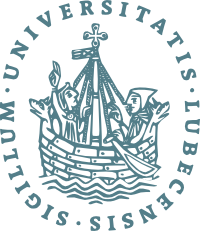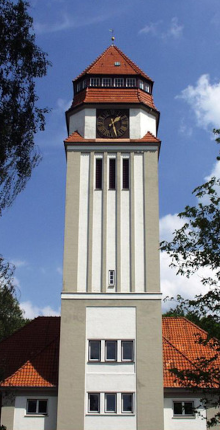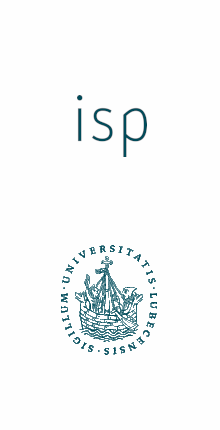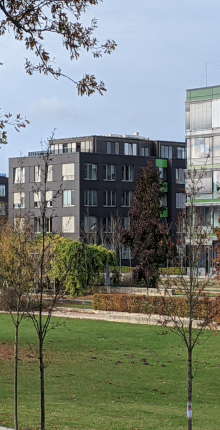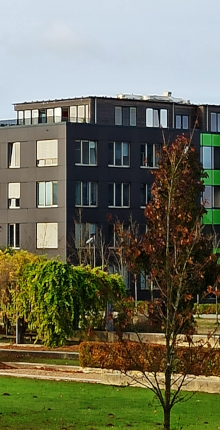Hannes Kallwies' PhD Thesis Nominated for Software Engineering Dissertation Award
We are pleased to announce that Hannes Kallwies' PhD thesis, "Synchronous Stream Runtime Verification with Uncertainties and Assumptions," has been nominated for the Software Engineering Dissertation Award.
The nomination was presented at the "Fachtagung Software Engineering 2025" (SE 2025) held in Karlsruhe from February 24-28, 2025. As one of three finalists, Kallwies presented his work to the jury and attendees on February 27, 2025, showcasing the significance of his research in the field of runtime verification.
About the Award
The Software Engineering Dissertation Award is a newly established prize by the Software Engineering Division (Fachbereich Softwaretechnik, FB SWT) of the German Informatics Society (Gesellschaft für Informatik, GI). This award succeeds the long-running Ernst Denert Prize and aims to recognize outstanding doctoral research in the field of software engineering.
This inaugural edition of the award featured a selective process where the jury chose three finalists from a competitive field of submissions. These finalists were invited to present their research at SE 2025, with the final decision made based on both the written dissertation and the presentation.
About the Research
Kallwies' research addresses an important problem in runtime verification: monitoring system behavior when faced with incomplete or uncertain information. His dissertation develops a methodical framework for the verification of synchronous data streams that can handle uncertainties such as sensor failures or measurement inaccuracies.
The work is based on the formal stream verification language LOLA and applies techniques from symbolic reasoning and abstract interpretation. Kallwies formally proves conditions under which perfect monitoring is achievable and validates his approach through three case studies, demonstrating its relevance for verification of systems where complete observability cannot be guaranteed.
We congratulate Hannes Kallwies on this significant achievement and recognition of his doctoral research.
- News
- Research
- Teaching
- Staff
- Martin Leucker
- Diedrich Wolter
- Ulrike Schräger-Ahrens
- Mahmoud Abdelrehim
- Aliyu Ali
- Christopher Walther
- Phillip Bende
- Moritz Bayerkuhnlein
- Marc Bätje
- Tobias Braun
- Gerhard Buntrock
- Raik Dankworth
- Anja Grotrian
- Raik Hipler
- Elaheh Hosseinkhani
- Frauke Kerlin
- Karam Kharraz
- Mohammad Khodaygani
- Ludwig Pechmann
- Waqas Rehan
- Martin Sachenbacher
- Andreas Schuldei
- Mahdi Pourghasem
- Manuel Herbst
- Inger Struve
- Annette Stümpel
- Gesina Schwalbe
- Tobias Schwartz
- Daniel Thoma
- Sparsh Tiwari
- Lars Vosteen
- Open Positions
- Contact
Overview
Professors
Prof. Dr. Martin Leucker (director)
Prof. Dr. Diedrich Wolter
Address
Institute for Software Engineering and Programming Languages
Building MFC II
Maria-Goeppert-Str. 3
23562 Lübeck
Contact
E-Mail: office [at] isp.uni-luebeck.de
Phone: +49 451 3101-6501
